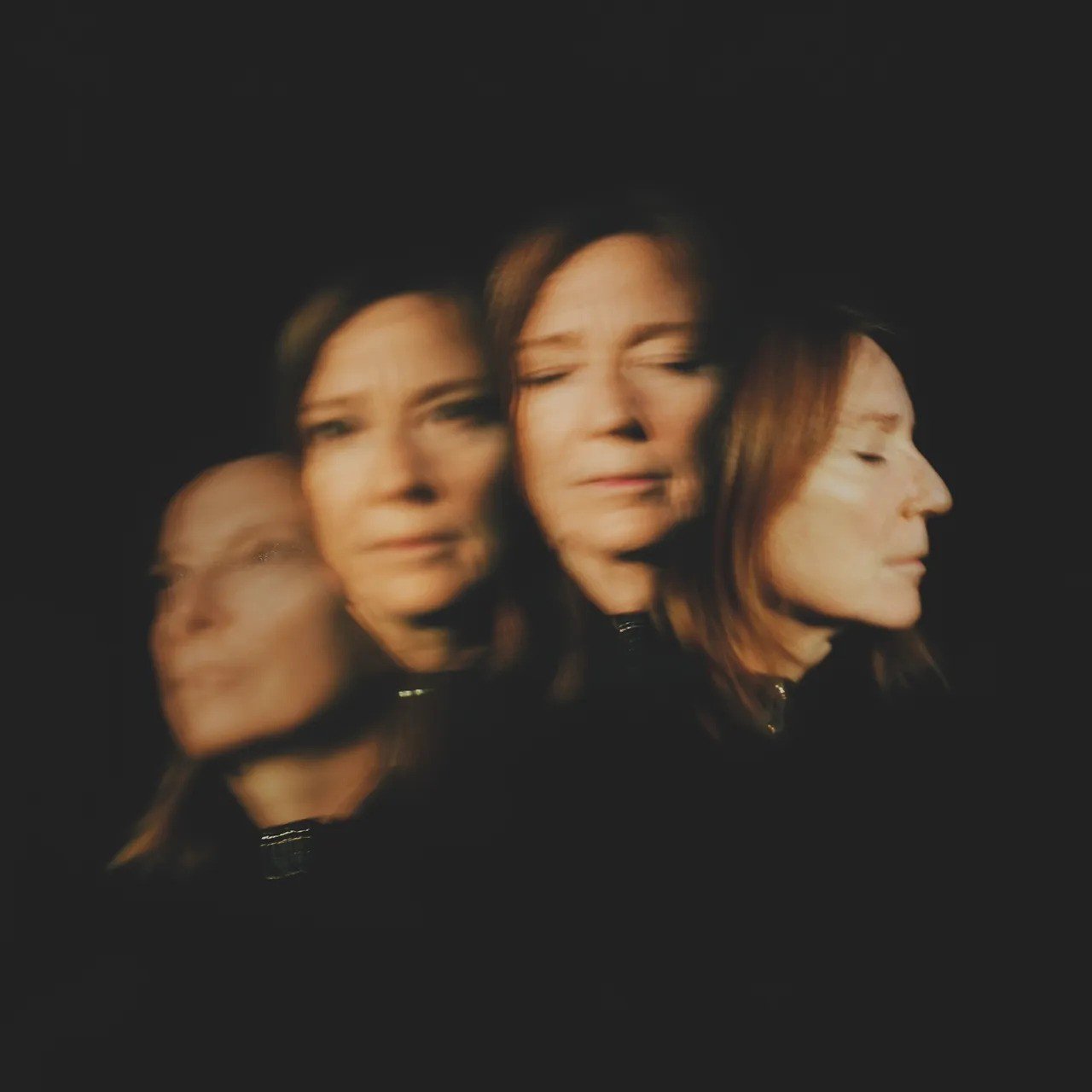Beth Gibbons delivers poignant reflections on love and loss in “Lives Outgrown”
Beth Gibbons, the iconic lead singer of Portishead, steps into a new chapter with her debut solo album, Lives Outgrown, marking nearly three decades since Portishead first captivated audiences. This deeply intimate collection of ten poetically titled tracks offers a profound exploration of themes such as saying goodbye, reflecting on the past, and accepting the present. The album, a labor of love that took ten years to complete, is a melancholic folk masterpiece that showcases Gibbons' vulnerability and versatility.
Opening with “Tell Me Who You Are Today,” the album immediately immerses listeners in a world of brooding acoustic guitar, folksy melodies, and Gibbons' pensive vocals. The eerie minimalism and haunting intimacy of the track set the tone for the record as a whole, as well as introduce clear influences of Radiohead and PJ Harvey (an unbeatable combo).
This is followed by “Floating on a Moment,” with its mix of cultish chanting and the sweet voices of Gibbons' children singing “We're all going to nowhere.” This track is a quiet contemplation of death that echoes the ethereal quality of her 2002 single "Mysteries." Gibbons softly sings, “It’s not that I don’t want to return,” underlined by a sorrowful jazz bassline and twangy strings, creating a poignant reflection on the burden of life.
“Lost Changes” introduces alt-country vibes juxtaposed with orchestral strings, featuring a beautifully rambling chorus: “Love changes/things change/Is what changes things/Time changes/Life change/Is what changes things.” This track, along with “Rewind,” which contemplates mortality and environmental concerns, showcases Gibbons' ability to blend genres and themes seamlessly.
Gibbons dives into the end of a relationship in “Reaching Out,” with hypnotic rhythms reminiscent of Portishead's prime. Her Thom-Yorke-esque vocals take on a faster tempo as she echoes, “I need your love, to silence all my shame.” The song builds to a climax where Gibbons belts out, “Wanting to quiet, to tame this disorder, but ‘round in a circle you go,” a rare moment of raw emotional intensity.
Featuring a heavenly violin solo, “For Sale” feels slightly out of place amidst the album's otherwise cohesive narrative, while “Beyond the Sun” introduces more hectic and thunderous elements with a bass clarinet and bowed saw, adding to the album's dynamic range.
In the final “Whispering Love,” Gibbons returns home with gentle, delicate tones. She coos, “Leaves of our tree of life, where the summer sun always shines through the trees of wisdom,” against a backdrop of singing birds, vibrating acoustic guitars, and soothing flutes. The track’s final plea, “Come through my heart when you can,” seems directed at the ghost of a late loved one, bringing the album to a quiet close, tinged with a peaceful sort of acceptance of mortality’s inevitability.
Lives Outgrown is a gloomy, autumnal album, yet not without its patches of sunlight. Gibbons masterfully balances sorrow with beauty, loss with love, and mortality with vitality, solidifying her place as a formidable solo artist.

